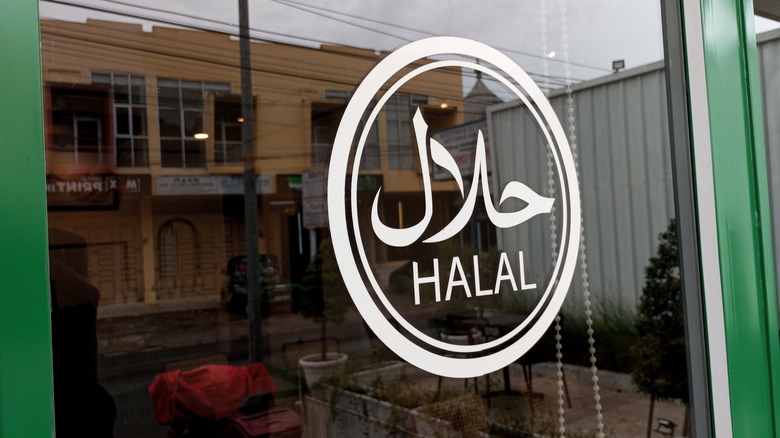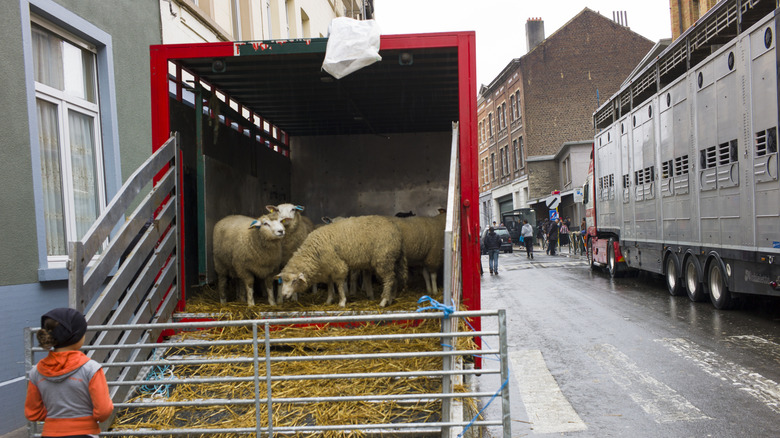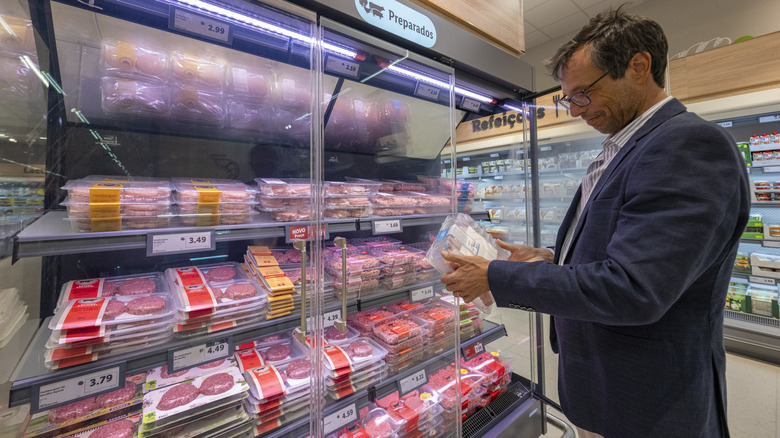What's Halal Meat And What Makes It Different From Other Meat?
If you're not part of the Islamic faith, you may not be aware of what halal meat really means, even if you've seen it plenty of times before. To be clear, halal meat isn't a trend or a premium label; it's just meat that follows specific religious rules. In Arabic, "halal" means "permissible." So when it comes to meat, it's about how the animal is raised, handled, and slaughtered in a way that aligns with Islamic teachings. It's not about the type of meat or cut but about the process behind it.
One thing to take note of is that pork is completely off-limits and can never be halal. Other animals like beef, chicken, lamb, or goat must be healthy before they are killed and can't be treated harshly. It also can't be killed in front of other animals.
Some people choose halal meat strictly for religious reasons. Others lean toward it because they like the level of care and attention that goes into the process. You won't find certain additives or byproducts in many halal products, which gives some people more peace of mind. For them, it's not related to religion in any way but focuses on feeling better about what they're eating.
What happens during the halal slaughter process?
Halal slaughter follows strict steps, and each one has to be followed to a T. The animal has to be alive and healthy, for starters, and it should be treated calmly before anything happens. That means there shouldn't be any rough handling, no electric shocks, and no seeing other animals get slaughtered. The person doing the job must be Muslim, and they say "Bismillah" (which means "In the name of God") right before they perform the act. That phrase makes the act as spiritual as it is physical.
The knife used has to be razor sharp, and the cut must be quick. It goes straight across the throat to sever the carotid arteries, jugular veins, and windpipe all at once. This makes the death fast and helps the blood drain fully from the body, which is important because leftover blood is not considered halal.
Stunning — where the animal is temporarily knocked unconscious — may be used in some places, but only if it doesn't kill the animal. Some halal certifying bodies allow this, while others don't. What matters is that the animal doesn't suffer and that the rules are followed closely. There are also questions as to whether the current method of slaughter is humane for halal meat. Regardless, the primary task is to show respect for the animal from beginning to end, as opposed to being rushed or careless; the entire process should reflect care, cleanliness, and intention.
Then there's a whole conversation about what other types of meats can be considered as halal, with vegan meat entering the chat. It's interesting to note that new conversations are arising surrounding whether vegan meat can also be considered halal since there's no animal involved. Even lab-grown meat can possibly be considered halal, depending on the circumstances, but that's a different discussion for another day.
How to know if meat is truly halal
If you're trying to buy halal meat and actually want to be sure it is what it says it is, the label is the first thing to check. Look for a legit halal certification logo, like something from IFANCA, HMC, or another well-known group that handles inspections and signs off on the whole process. That means someone actually checked to make sure the animal was treated right, slaughtered the right way, and that nothing got mixed in that shouldn't be there.
Not everything that says "halal" is automatically legit, though. You'll see some items at grocery stores that just have the word slapped on without any backup. That's when it helps to ask questions, especially if you're shopping at a local butcher or grocery shop. A lot of those places do follow proper halal steps, but they just might not have the official paperwork to go with it; it's up to you whether you accept it as is.
Also, keep in mind how the meat was handled after the slaughter. Halal meat isn't supposed to touch anything that's not halal, so that means no shared knives, cutting boards, or packaging stations. That's something a lot of people forget to think about, especially when buying pre-sliced or deli items.
Should you be going shopping for things like sausages or frozen meals, double-check those ingredients. Look for a proper halal logo and not just the word in big, bold letters. If you can't tell how it was made or who approved it, it's probably better to leave it where it's at if you're really concerned about the way your food is prepared.


